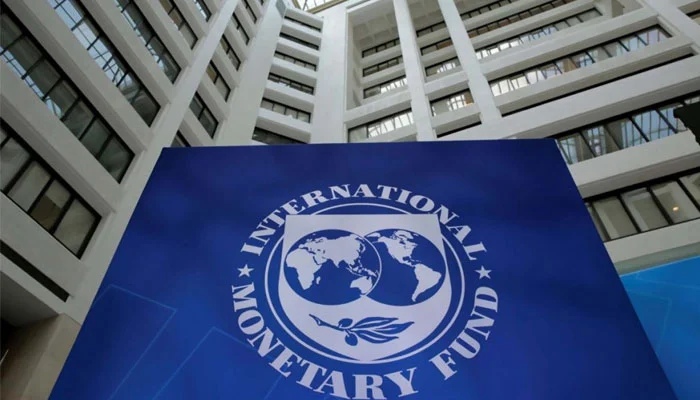Pakistan and the visiting International Monetary Fund (IMF) mission failed to arrive at a staff-level agreement after talks aimed at unlocking critical funds needed for the ailing South Asian economy concluded on Thursday with both sides agreeing to continue negotiations virtually.
The mission was in Islamabad since January 31 to sort out the differences over fiscal policy that have stalled the release of more than $1 billion from the $6.5 billion bailout package originally signed by the government of prime minister Imran Khan in 2019.
However, at the end of the 10-day “tough parleys”, Pakistan failed to strike the deal with the Fund mission. Although Secretary Finance Hamed Yaqoob Sheikh confirmed that “actions and prior actions have been agreed, but the staff level agreement will be signed subsequently.”
It should be noted that the IMF’s loan is critical for the country’s $350 billion economy as the State Bank of Pakistan (SBP)-held foreign exchange reserves have fallen to $2.91 billion — enough to provide an import cover of 0.58 months.
‘Atrocious’ strategy
Uzair Younus, director of the Pakistan Initiative at the Atlantic Council’s South Asia Centre, while commenting on the development, told Geo.tv that the communications strategy of the [Ishaq] Dar-led Ministry of Finance has been atrocious from the very beginning.
He warned that this was “only the latest in a series of fiascos” that have destroyed the ministry’s credibility and undermined confidence in the economy.
The economic expert predicted that a bloodbath will be seen in the markets, as players earlier refrained from assuming fresh positions in the last few sessions on hopes of the revival of the stalled programme.
‘Tough days ahead’
Vaqar Ahmed, deputy executive director at Sustainable Development Policy Institute (SDPI), told Geo.tv that the MEFP shared has a broader framework which hints that in the days to come Pakistan would have to meet certain conditions.
“The Fund has rejected the gradual approach proposal of Pakistan, saying the time for this has gone and Islamabad now needs to do everything upfront,” he said, revealing that the conditions which are currently on the table incorporate all those promises made during the past reviews, including those related to energy sector, power and gas tariff, levy on diesel, and tax gaps.
The economist said that the Washington-based lender first wants to see action on all these things before it concludes the review, their board gives the approval and transfers the money.
“I believe that there are tough days ahead and the government will first have to show that they can walk the line and then probably the IMF will come through and a board level agreement will be reached,” Ahmed said, adding that he thinks all of this will take approximately one month.
‘Implementation time’
Meanwhile, former adviser to Finance Ministry Dr Khaqan Najeeb lamented that Pakistan should have inked a staff-level agreement with the IMF mission before their departure.
“Still, it is heartening to note that considerable progress has been made on the set of policy reforms that are needed to move forward to complete the review,” he said, adding that it was for authorities to undertake the prior actions, complete reading of the MEFP document received to enable a staff-level agreement.
The former adviser highlighted that dwindling reserves do not leave much option but to expedite this process already delayed since early November.
“The actions on revenue, energy, monetary and exchange rate management are quite clear along with the need to firm up commitments for external financing from bilateral and multilateral partners.
“It is implementation time for the country to address domestic and external imbalances and to regain macroeconomic stability,” he maintained.

 Latest News3 days ago
Latest News3 days ago
 Latest News3 days ago
Latest News3 days ago
 Entertainment3 days ago
Entertainment3 days ago
 Latest News3 days ago
Latest News3 days ago
 Latest News3 days ago
Latest News3 days ago
 Latest News3 days ago
Latest News3 days ago
 Latest News3 days ago
Latest News3 days ago
 Latest News3 days ago
Latest News3 days ago

























